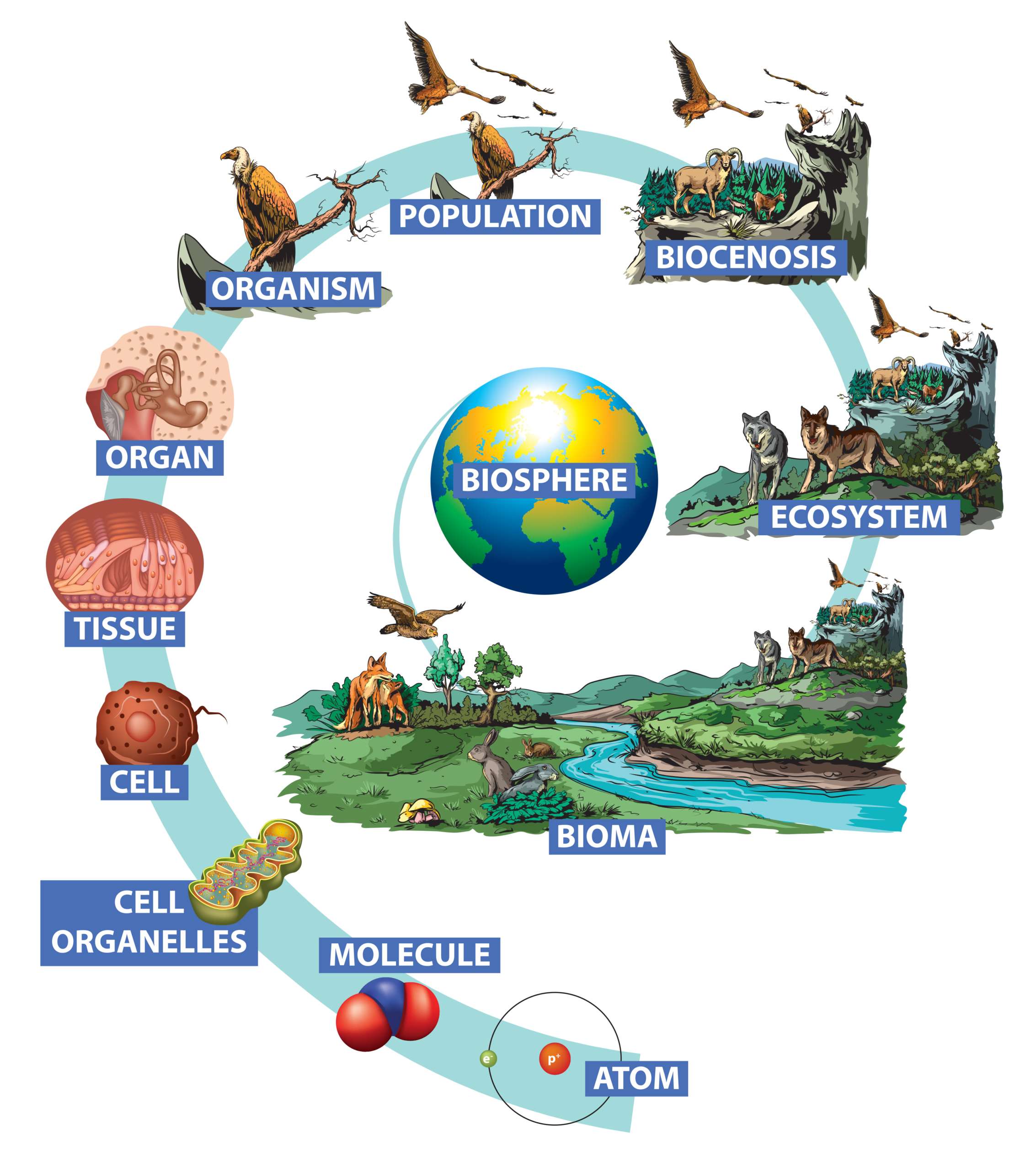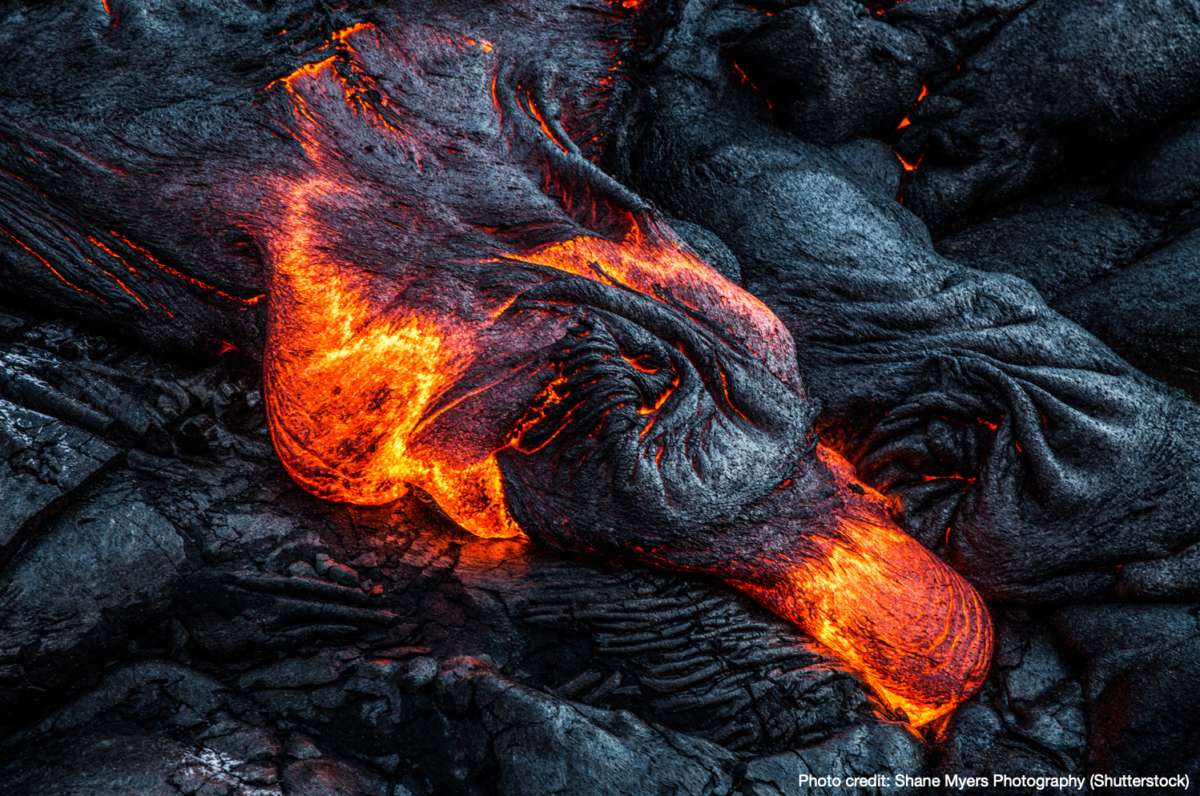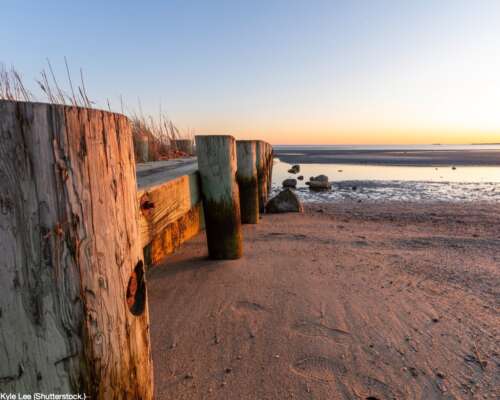The world we live in is a dangerous world. Sudden death is possible from nature when cars (or houses) fall into sinkholes that appear out of nowhere and ships are tossed by rogue waves. More commonly, tornados tear through homes with impunity and people are killed by their fellow man in drive-by shootings. Sometimes, death is not quick, as in the case of chronic diseases. Too often, unborn babies are, in the words of Shakespeare, “from their mother’s womb untimely ripped.” Or, infants die at birth, or soon after. The fundamental question is “Why?” “Why do we have death and disease in this life?” This post titled “Lamentations” will seek to provide a broad answer to that question.
The short answer is because of sin. We live in a cursed, falled world. No matter how glorious a sunrise or sunset is, or how much pleasure we get from seeing a pod of whales, or litter of kittens or puppies, or our excitement wittnessing two happy people exchange wedding vows, this is just a corrupt representation of what God provided for us originally when the world was created. In Genesis 3:17-18, God responds to Adam after it is reluctabtly revealed that Adam has disobeyed God and has eaten from the Tree of Knowledge:
“To Adam he said, “Because you listened to your wife and ate fruit from
the tree about which I commanded you, ‘You must not eat from it,’
Cursed is the ground because of you;
through painful toil you will eat food from it
all the days of your life.
It will produce thorns and thistles for you,
and you will eat the plants of the field.”
Cursed is the ground
Imagine how glorius Hibiscus, or Hydrangeas would appear had the ground not been cursed. Imagine lettuce eaten without the danger of Listeria, or cheese without fear of Salmonella. Imagine the crop yield per acre of corn and wheat, soybeans and rice were the land a thousand times more fertile!
While a few thoughtful (or doubting) theologians question this passage while others believe that God lifted the curse in Noah’s day (Genesis 8:21), it is clear that the effects of the curse remain.1 Every living thing and system eventually runs down, dies and decays, whether popular trees or popular people. This is taught in schools and college as the Second Law which applies to biology as well as physics.
The theme of this post is that just as our society, culture, faith in institutions and religion seem to be eroding or spinning out of control, so is nature headed for disaster. Christians can point to the imminent second coming of Christ to explain what we’re seeing in human events (e.g. Revelation 12:12 “the devil has come down unto you, having great wrath, because he knoweth that he hath but a short time.”) But there are also signs that nature is running down as well.
James Lovelock and Gaia
For those who read my blog regularly, you know that I am a fan of the late British environmentalist and NASA Mars expert James Lovelock who develop his Gaia Hypothesis. This hypothesis said basically that the biosphere (in which we live) and the pedosphere on which we live along with the oceans and atmosphere work together to maintain a balance conducive for life on earth. Indeed, the environmental innovations we see (renewable energy, mandatory decreases in carbon emissions and recycling programs) seem to prove one posit of Lovelock’s theory.

Reputable scientists and public school teachers fearful of losing their jobs might not “push” Lovelock’s posits too strenuously, but seeing as I am retired, I am under no such restraints. I believe there is more to rocks and trees than we give them credit for. I’m not saying that they are senscient (this isn’t Middle Earth), but I am saying that God can use these common things for His purposes (e.g., crying stones.) Furthermore, I believe that the biosphere is becoming less habitable, while the crust, lithosphere, asthenosphere and so on are becoming more volatile and one major reason for this is the impending return of its Creator (Colossians 1:16.) This may not be happening by divine intervention or design, but because of the nature of creation vis-à-vis the nature of the Creator.
St. Paul writes in Romans 8:19-23 as follows:
“For the creation waits in eager expectation for the children of God to be revealed.
For the creation was subjected to frustration, not by its own choice,
but by the will of the one who subjected it, in hope
that the creation itself will be liberated from its bondage to decay
and brought into the freedom and glory of the children of God.
We know that the whole creation has been groaning as in the pains of childbirth right up to the present time
Not only so, but we ourselves, who have the firstfruits of the Spirit, groan inwardly
as we wait eagerly for our adoption to sonship, the redemption of our bodies.”
Groans
“Groaning” or συστενάζει in verse 22 is an interesting word. According to Kenneth Wuest, in this context, it means “To groan together with God’s children.” So, how does creation groan? Do monstrous waves cry out or hurricane winds moan?
Think of the strike-slip fault line of San Andreas. Two continent-size plates (the North American plate and the Pacific plate) groan intensely as they rub and slide even only by millimeters against each other over time, finally releasing tremendous energy when the tension is relieved. Think of the groans and creaking of the massive pressure ridges in the ice of the Arctic and Antarctic as the compression develops until it explodes and tosses blocks of ice the size of houses on either side of the ridge. Imagine the groans as a hundred tons of snow breaks free from a alpine mountaintop and cascade down the slope burying skiers and villages in its path. Think of subsurface magma under tremendous heat and pressure groaning to be released as it searches for a tube or passage to the surface. I’ve heard moans from the cold winter wind gusts as I write this. Of vouse, that can be dismissed as a mere acoustical effect, but it reminds me of this passage in Romans.
What if?
But what if sin had never entered our dimension. Would nature have behaved differently, or are earthquakes and volcanoes necessary to sustain life? Seismologists and vulcanologists would say “Yes!”
“The magnetosphere, or magnetic bubble, in space is generated by the Earth’s magnetic field. It protects our planet from the harmful effects of solar wind and ionizing particles from space. The magnetosphere deflects the continuous flow of plasma and charged particles released from the Sun and from space. It is important for the Earth’s core to cool rapidly to generate a magnetosphere. Plate tectonics opens the mantle coat regularly and releases heat, thereby swiftly cooling the Earth’s mantle.”
As fas as volcanoes are concerned,
“As the tectonic plates keep moving, carbon is cycled and recycled within the various layers of the Earth. Plate tectonics plays a key role in the carbon cycle and in determining the amount of carbon dioxide in the atmosphere. The carbon dioxide in the atmosphere mixes with rain to form carbonic acid, which eventually weathers rocks. This process creates carbonates, such as limestone, which settle at the bottom of the oceans and subduct into the mantle. However, if all the carbon dioxide from the atmosphere were to enter the mantle, the Earth would freeze. The loss of this greenhouse gas is compensated for by the volcanic eruptions that occur at the subduction zone. These volcanoes release carbon dioxide into the atmosphere, thereby replenishing the same. Thus, the carbon cycle acts as the base for sustaining life on Earth.”
ibid.
That does not mean that they would be necessary in the world that God designed before the fall, however–only that they are necessary now. But both processes are incredibly violent and destructive and they will increase as the end of the Age approaches. Consider the unexpected events that accompanied the death of Jesus on the Cross. Matthew 27:52 states that graves were opened and the dead walked the streets, not as zombies, but as men and women. The temple curtain which took twenty men and a boy to maneuver was torn in two. In fact, the mosque which stands on the remains of the temple was built on a fault line.
Why the darkness at noon could not have been an eclipse
Matthew 27:45 records three hours of darkness starting at noon. This was recorded by many sources, including Tertullian who wrote:
“Moreover, in the same moment He dismissed life, the light
departed from the sun, and the world was benighted at noonday,
and those men who acknowledged this eclipse, but were unac-
quainted with the prophecies that foretold it upon Christ’s death,
and finding it impossible to be solved by the laws of nature, at last
roundly denied the fact; and yet this wonder of the world you have
related, and the relation preserved in your archives to this day.“
Tertullian Apology
Yet, the moon was full on that day, making a solar eclipse impossible.2. Further, Tertullian, a lawyer, had access to the official records in Rome and he notes that the darkness over Italy as Jesus died was so profound that the Senate was forced to adjourn because they could not conduct business in the darkness. See here also for more information.
I’m not sure these events (tombs opening, the earthquake, the darkness) were orchestrated deliberately by God. It is also possible that it was inevitable, perhaps like the annihilation that occurs when matter and antimatter meet. But even as contractions increase in number and intensity when a pregnant woman approached her date of confinement, we can expect each of these phenomenon to increase in number and intensity as well (e.g. hurricanes will be replaced by hypercanes–compliments of global warming.)
Sounds of nature
Sounds of nature groaning as the Second Coming draws near (plus aditional information.)
Footnotes
1 Christoph Stenschke notes “The cursed ground produces the thorns and thistles, not the person tilling the land. Much depends on whether Genesis 8:21 simply refers to the flood (no further judgments of this encompassing kind on all of creation, without a general recall of the curse of Genesis 3.” For example, “I shall not curse the soil any further” following the flood.
2 Diliquiunt utique putaverunt. An eclipse of the sun at a full moon (as this was) is by the known laws of nature demonstratively impossible, and this it was made it so much taken notice of by the ancient astronomers ; by Dionysius the Areopagite, Apollophanes the Sophist, by Phlegon in his Olympiads, etc. Vid. paraphrase of Zephyrus, and the notes of Pamelius, and especially the annotations of Grotius upon Matt, xxvii. 45, where this passage of Tertullian is taken notice of.
Citations
Stenschke, Christoph. “Human and Non-Human Creation and Its Redemption in Paul’s Letter to the Romans.” Neotestamentica, vol. 51, no. 2, New Testament Society of Southern Africa, 2017, pp. 261–90, https://www.jstor.org/stable/26417499.
Vine, W. E., Unger, M. F., & White, W., Jr. (1996). Vine’s Complete Expository Dictionary of Old and New Testament Words (Vol. 2, p. 282). Nashville, TN: T. Nelson.




